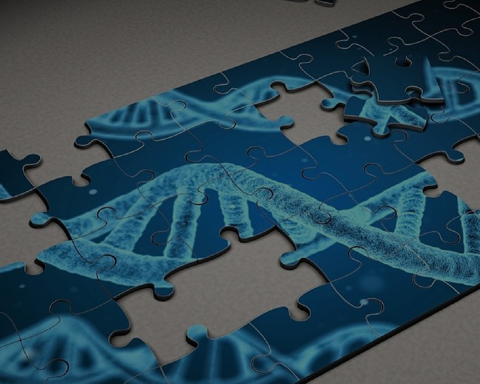Press Release – Politeia Publishes Paper by Anscombe Centre Director Outlining Dangers of Assisted Dying Bill Ahead of Key Vote
Ahead of the Third Reading vote on Kim Leadbeater’s assisted suicide Bill on Friday, think-tank Politeia has published a paper by the Anscombe Bioethics Centre’s Director, Professor David Albert Jones, Assisting Suicide: An Ever More Dangerous Bill, which shows how the Bill falls dangerously short of providing necessary safeguards for protecting vulnerable patients.
A series of papers written by Professor Jones and other authors, and statements by the Royal Colleges of Psychiatrists and Pathologists, over a thousand doctors, the British Geriatric Society, and a coalition of eating disorder charities, have all raised serious concerns that the Terminally Ill Adults (End of Life) Bill is severely unsafe.
Professor Jones’s paper follows the Bill’s flawed process and the hazardous form it has now taken, pointing to amongst other things:
- the imbalance of its Committee membership and the witnesses this called;
- the weakening of its already problematic High Court ‘safeguard’ by the replacement of judicial oversight with that of what amounts to a Committee quango;
- the disturbing Government impact assessments which indicate:
- the ‘savings’ estimated due to early deaths by assisted suicide and the perverse and anti-medical logic this entails;
- the greater risk of people with disabilities, women and the elderly ending their life under the Bill as a result of coercion due to the prevalence of abuse of people with those characteristics.
Professor Jones concludes that after the last few months of Parliamentary process, the Bill is both weaker and more evidently problematic, with greater dangers ‘of coercion, of pressure, of expansion’, and the necessity of the House of Commons rejecting the Bill at Third Reading.
Professor Jones says, ‘no one could watch the chaos of the House of Commons struggling to debate 133 amendments in two mornings and early afternoons and conclude that this Bill has had rigorous scrutiny. The process has been rushed, the fundamental flaws in the Bill have not been addressed, and the Bill as amended is even more dangerous than the Bill as introduced. The Second Reading vote was “a vote to continue the debate”. The Third Reading vote must be a vote to prevent a dangerous Bill from becoming law.’
END
Notes to Editors:
- Any part of the above can be quoted as coming from our Director, Professor David Albert Jones.
- For more information, please see the Centre’s full Guide on ‘Assisted Dying’ (euthanasia and assisted suicide) which includes a guide to the latest evidence concerning EAS internationally, the Centre’s series of briefing papers on EAS since 2021 and videos on subjects relating to EAS.
- If the issues discussed here affect you or someone close to you, you can call Samaritans on 116 123 (UK and ROI), visit their website or contact them on: jo@samaritans.org
- If you are reporting or writing about a case of death by suicide, whether assisted or non-assisted, please consult the Samaritans’ media guidelines on how to do so responsibly.
- For more information on the Anscombe Bioethics Centre, see our website: www.bioethics.org.uk
For interviews or comment, contact: media@bioethics.org.uk
Most recent
Press Release – Anscombe Bioethics Centre Launches ‘Advance Decisions and Ethical Choices’ Project
31 July 2025
The Anscombe Bioethics Centre is pleased to launch a new suite of resources on advance statements, l...
Statement on the Anscombe Bioethics Centre
31 July 2025
A statement from the Governing Body of the Anscombe Bioethics Centre and the Trustees of the Catholi...
Copyright Announcement
25 July 2025
Henceforth, all work which had Anscombe Centre or Linacre Centre copyright is now dedicated to the p...
Sincerest Thanks for Your Support
Staff are grateful to all those who sustained the Centre in the past by their prayers and the generous financial support from trusts, organisations, communities and especially from individual donors, including the core funding that came through the Day for Life fund and so from the generosity of many thousands of parishioners. We would finally like to acknowledge the support the Centre has received from the Catholic community in Ireland, especially during the pandemic when second collections were not possible.
We would like to emphasise that, though the Centre is now closed, these donations have not been wasted but have helped educate and support generations of conscientious healthcare professionals, clerics, and lay people over almost 50 years. This support has also helped prevent repeated attempts to legalise euthanasia or assisted suicide in Britain and Ireland from 1993 till the end of the Centre’s work on 31 July 2025.



